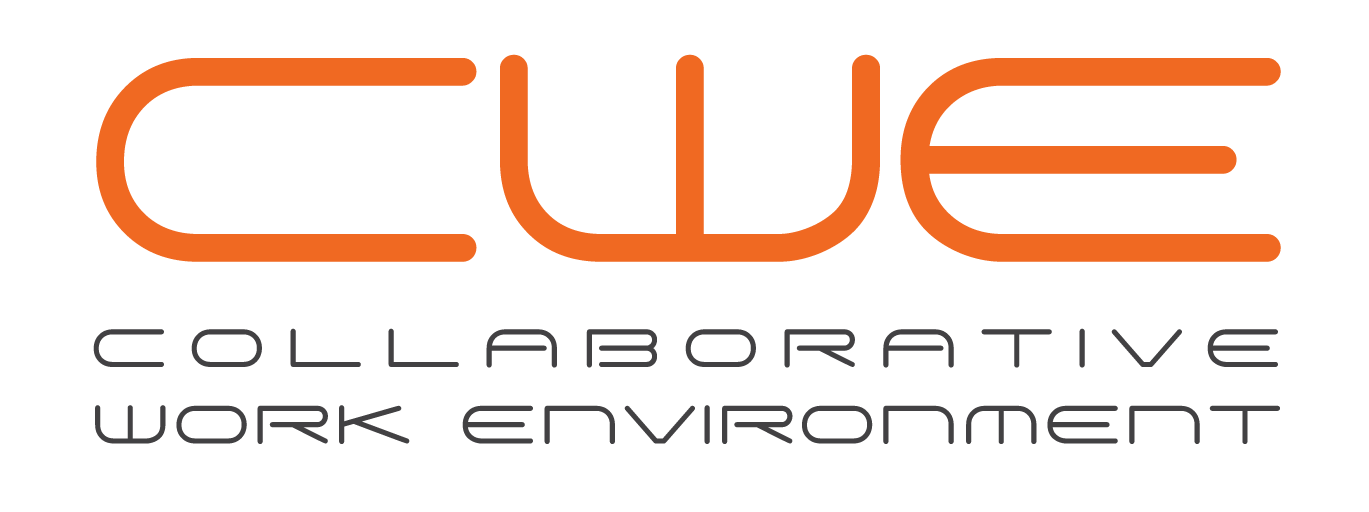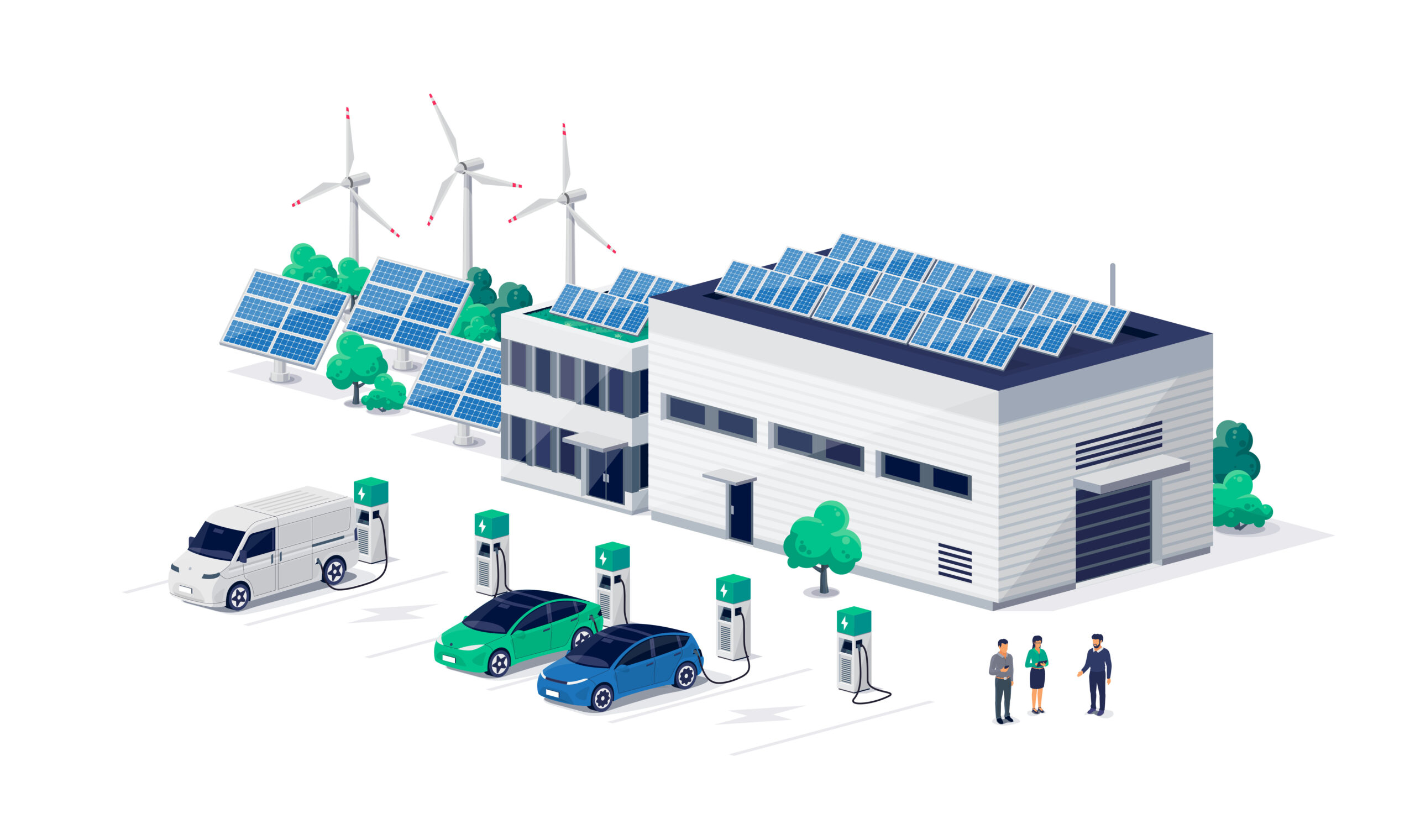Utility bill data can be a valuable resource for organizations looking to track and report on their sustainability performance. Meeting government mandates, creating carbon reduction initiatives, and investing in new technology are great, but organizations that make a real impact in their sustainability performance efforts start by understanding their resource use through a thorough examination of their utility bills. By analyzing this data first, organizations can gain insights into their energy and water consumption, as well as identify areas where they can reduce their environmental impact and save money.
To begin with, you cannot manage what isn’t measured, organized and available. The first step in leveraging utility bill data for sustainability reporting is to collect and organize the data. Unfortunately, many times this currently involves an employee sequestered away somewhere manually entering data into spreadsheets. This traditional method can result in inaccurate data due to human error, overlooked opportunities due to low visibility issues and a significant lapse in time before the data is even useable. There is a solution however, this involves working with utility providers to access and download bills, as well as setting up a system for storing and tracking the data over time.
Once the data has been collected, organizations can begin analyzing it to identify patterns and trends. For example, organizations can track their energy and water consumption over time to identify areas where they are using the most resources. This can help organizations to identify opportunities for reducing consumption and saving money, such as by implementing energy-efficient equipment or water conservation measures.
Utility bill data can also be used to calculate their carbon footprint and other sustainability metrics. For example, organizations can use the data to calculate their energy consumption in terms of CO2 emissions and track the progress on reducing emissions over time. This is important, as the reduction of emissions is a key target area for many organizations, and also for the compliance of regulations.
Another way organizations can leverage utility bill data for sustainability reporting is by comparing their consumption to industry benchmarks or similar organizations. This can help organizations to identify areas where they are performing well and areas where they need to improve, and also help to identify best practices that could be implemented to improve their sustainability performance.
In order to effectively communicate the sustainability performance, organizations can also use visualization tools to display the data. This can include creating charts, graphs, and other visual aids that make the data easy to understand and share with stakeholders. This can be a valuable tool for communicating progress and progress towards sustainability goals to internal teams, and also to external stakeholders.
Finally, organizations should make sure they are using the data they are collecting to make decisions and take action. By regularly monitoring and analyzing utility bill data, organizations can identify areas where they can improve their sustainability performance, and then take steps to implement changes that will make a real difference. In conclusion, utility bill data is a valuable resource for organizations looking to track and report on their sustainability performance. By collecting and analyzing data on energy and water consumption, organizations can identify areas where they can reduce their environmental impact and save money. By comparing their consumption to industry benchmarks and using visualization tools, organizations can effectively communicate their sustainability performance and make data-driven decisions to improve it. At CWE we have the experience and tools necessary to ensure you can continuously and consistently monitor your sustainability performance and manage the results for optimal performance and cost saving opportunities. The CWE platform will seamlessly integrate with your existing utilities, energy suppliers and facility partner products and utility vendor applications to form a powerful single solution for any organization. We offer historical and ongoing utility invoice collection, data processing and bill consolidation. Connect with us today to learn more!



Comments are closed